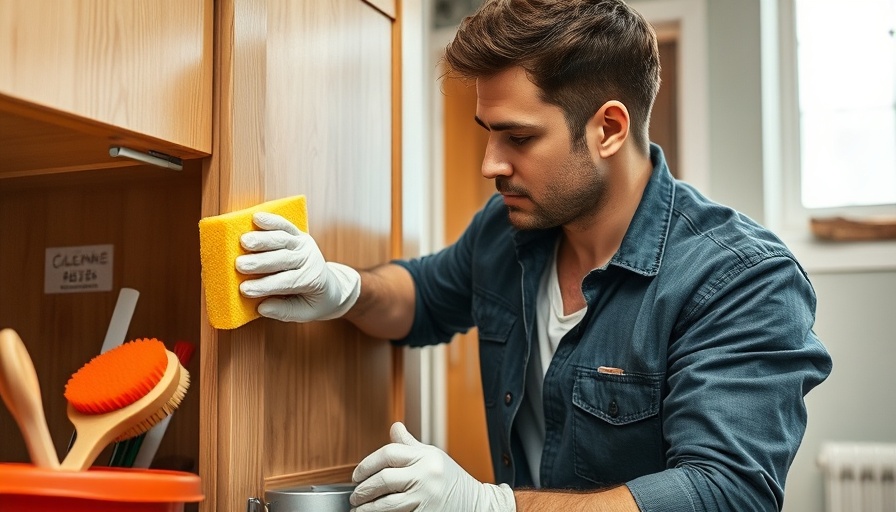
Understanding the Importance of Pest Prevention
When it comes to keeping your home safe and sound, understanding the significance of pest prevention cannot be overstated. Pests, including mice, ants, and spiders, are more than just nuisances; they can cause structural damage, introduce health risks, and turn your living space into a breeding ground for disease. By taking proactive measures to fend off these intruders, homeowners can safeguard their investment and maintain a comfortable living environment.
Seal Gaps to Fortify Your Fortress
Inspections for gaps in your home’s foundation and siding play a crucial role in pest prevention. Mice and insects can squeeze through remarkably small openings, so it’s essential to seal these gaps meticulously. The process involves using copper mesh to fill in large crevices, followed by expanding foam sealants to hold the mesh in place. This double-layer approach not only blocks entry points but also acts as a deterrent against persistent pests.
Maintain Your Yard for Optimal Pest Control
Your yard can serve as either a welcoming mat or a barrier against pests. Keeping your grass trimmed, removing clutters like firewood and stones, and ensuring vegetation doesn’t touch your home can significantly reduce your risk of an infestation. Burgeoning plants and standing water can allure various pests; thus, maintaining proper landscaping is an essential step in your prevention strategy.
Food Storage: The First Line of Defense
One of the primary attractors for household pests is easily accessible food sources. Storing pet food in airtight containers and cleaning up crumbs can drastically lower the chance of infestations. For optimal results, consider using sealed metal trash cans which deter critters like raccoons and mice who cannot scale slick surfaces. Properly managing food waste is equally critical, making regular garbage disposal a key component of your pest control arsenal.
Moisture Management: Keeping Your Home Dry
Excess moisture can be a magnet for all types of pests, from cockroaches to termites. Keeping your house dry can deter these intruders efficiently. Use dehumidifiers in your basement, fix any leaks promptly, and ensure gutters are clear of debris to facilitate proper drainage. Simple practices like turning mulch regularly and wiping spills immediately can also help prevent a flourishing pest habitat.
Consider Natural Remedies as an Eco-Friendly Alternative
Natural pest control methods offer a safe and non-toxic way to protect your home. For instance, essential oils like peppermint and garlic can serve as effective repellents. They not only deter pests but also provide pleasant scents in your home. This eco-friendly approach can be particularly appealing to homeowners looking to minimize their environmental impact.
Monitoring: The Key to Early Detection
Regular inspections of your home are imperative. Look for signs of pest activity like droppings or gnaw marks, especially in hidden areas like under appliances and inside cabinets. This habit also includes using monitoring devices—such as traps—to confirm any pest presence before an issue escalates into a problematic infestation.
When to Call In the Professionals
While DIY methods can be effective, it’s important to know when to reach out for professional pest control services. Situations like a sudden influx of sightings or signs of structural damage due to pests warrant expert assistance. Professionals can accurately assess the situation and safely eliminate any infestations, ensuring your home remains a safe haven.
Final Thoughts on Pest Prevention
Implementing these strategies involves a blend of regular maintenance, keen observation, and proactive management of the factors that attract pests. Taking the necessary steps now can spare you future headaches and maintain your property value. Remember, a pest-free home is not just a more pleasant environment; it’s also an essential part of homeownership. So, get started today!
 Add Row
Add Row  Add
Add 




 Add Row
Add Row  Add
Add 


Write A Comment